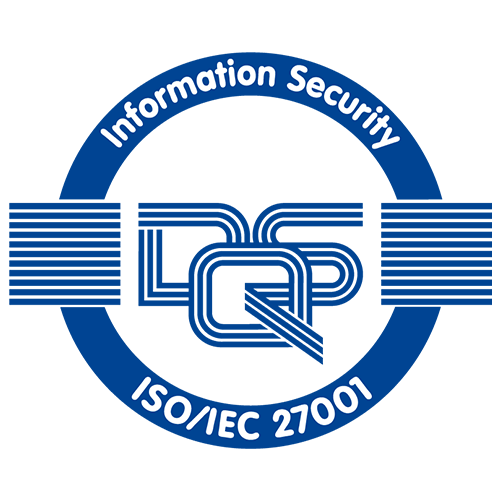Which Forex Broker License is Better – Onshore or Offshore
In the forex trading world, where daily trading volumes exceed $6.6 trillion, the choice between onshore and offshore licensing is more than just geography—it’s a strategic decision that can shape a brokerage’s success. As the global forex market navigates complexities and volatility, brokers face a regulatory landscape that can either support their growth or present compliance challenges.
Is an Onshore License a Mark of Credibility or a Burden?
Onshore licenses from established financial centers like the UK’s Financial Conduct Authority (FCA) or the US’s National Futures Association (NFA) offer strong credibility through strict oversight and investor protection. However, this reputational advantage comes at a high cost.
High Compliance Costs and Capital Requirements
Acquiring an onshore license is a significant investment. For example:
- The UK requires forex brokers to hold a minimum capital of €730,000.
- The US mandates a minimum of $20 million in adjusted net capital.
These financial barriers can be prohibitive, especially for startups, requiring brokers to have substantial resources from the outset.
Navigating Stringent Regulatory Requirements
Onshore jurisdictions are known for their rigorous regulations, inspiring trader confidence but limiting operational flexibility. Complex compliance requirements, such as the EU’s MiFID II, add layers of reporting and administration, transforming agile startups into bureaucratic entities and potentially slowing innovation.
Offshore Licenses: Flexibility or Risk?
Offshore licensing, often seen as the “Wild West” of forex regulation, appeals to brokers seeking a faster, more cost-effective entry into the market. Jurisdictions like Saint Vincent and the Grenadines (SVG) offer affordable licensing, allowing brokers to operate without the heavy regulatory burden found onshore.
Lower Costs and Faster Setup
With capital requirements as low as $50,000 and processing times measured in weeks, offshore licenses provide a more accessible path for brokers. Offshore jurisdictions like Seychelles have seen a 20% rise in forex registrations, reflecting the growing appeal of this licensing option.
Reputation Risks of Offshore Licenses
While offshore licensing offers flexibility, it may deter sophisticated traders and institutional clients. In the forex industry, reputation is crucial. A Finance Magnates survey found that 68% of retail traders consider a broker’s regulatory status when selecting a platform, highlighting the importance of regulatory credibility.
Finding Balance with the Hybrid Model
As the industry evolves, a middle path has emerged—the hybrid licensing model. This approach allows brokers to leverage the benefits of both worlds by maintaining an onshore presence for credibility while using offshore entities for operational flexibility. Approximately 15% of top-tier brokers now use hybrid licensing structures, balancing compliance with agility.
Regulatory Arbitrage: Strategic Choice or Ethical Dilemma?
Regulatory arbitrage—choosing jurisdictions with favorable regulations—is a growing strategy in finance. Brokers must weigh the immediate benefits of flexible offshore licensing against the long-term advantages of operating in a reputable regulatory environment. A Bank for International Settlements study shows that regulatory arbitrage accounts for up to 30% of cross-border banking flows, underlining its importance as a strategic choice.
The Future of Forex Licensing: Convergence or Divergence?
As the global financial system becomes more interconnected, the difference between onshore and offshore licensing may blur. Regulatory harmonization efforts, such as MiFID II in Europe, hint at a trend toward convergence. However, the continued appeal of offshore jurisdictions shows a sustained demand for regulatory diversity. With the forex broker market expected to grow from $57.64 billion in 2022 to $94.43 billion by 2032, brokers need to understand these licensing trends.
Choosing the Right Path for Success
For forex industry executives, the decision between onshore and offshore licensing goes beyond compliance—it’s a strategic choice that can shape market position, client relationships, and growth potential. The right choice depends on factors like target market, available capital, risk tolerance, and overall vision.
The key to resolving the licensing dilemma is finding a balance between onshore credibility and offshore agility. By leveraging the strengths of both, brokers can navigate regulatory complexities and position themselves for sustained success in the evolving forex landscape.



